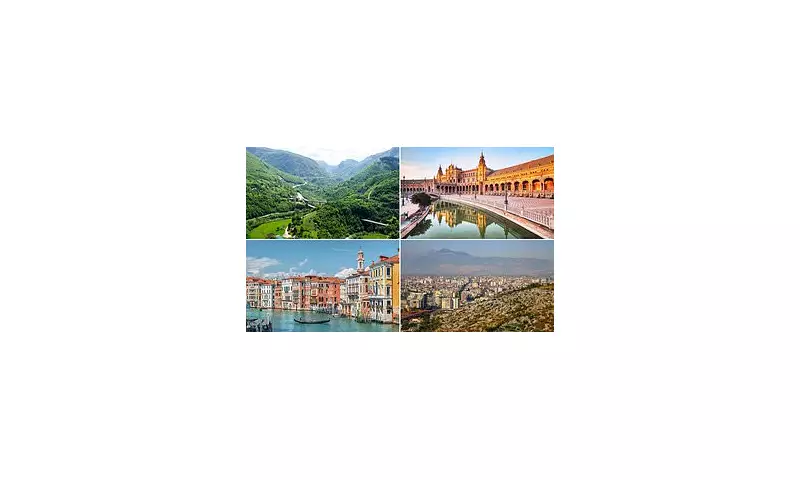
Dreaming of a sun-drenched getaway? Your perfect holiday paradise might be hiding a dangerous secret that could cause lasting damage to your most precious sense – your eyesight.
Leading optical experts are issuing urgent warnings to British travellers about popular destinations where ultraviolet (UV) radiation reaches extreme levels, posing a severe threat to ocular health. The risk isn't limited to obvious tropical locations; some European favourites carry surprising dangers.
The Global Danger Zones For Your Vision
According to research by Glasses Direct, several holiday hotspots have UV levels so intense they can cause immediate and long-term damage to unprotected eyes.
Australia and New Zealand top the danger list, with their proximity to the ozone hole creating exceptionally high UV exposure. The reflective properties of sand and water compound the risk, effectively doubling the radiation reaching your eyes.
High-altitude destinations like Peru and Bolivia pose another hidden threat. With thinner atmosphere at elevation, UV protection diminishes dramatically, increasing radiation exposure by approximately 10-12% for every 1,000 metres gained.
Even closer to home, Mediterranean gems like Greece, Turkey, and Spain register alarmingly high UV levels during peak summer months, catching many British holidaymakers off guard.
The Invisible Damage happening to Your Eyes
UV radiation doesn't just cause temporary discomfort; it can lead to permanent vision impairment. The damage accumulates over time, much like sun damage to skin.
Photokeratitis, essentially a sunburn of the eye's surface, can occur within hours of exposure. More worryingly, chronic exposure contributes to cataracts, macular degeneration, and even eye cancers.
"Many people don't realise that eyes need protection even when it doesn't feel particularly sunny," explains an optical expert from Glasses Direct. "UV radiation penetrates cloud cover, meaning you're at risk on overcast days too."
How to Protect Your Vision Abroad
Fortunately, with proper precautions, you can enjoy the sun safely. Experts recommend:
- Investing in quality sunglasses with 100% UV protection (look for the CE or UV400 mark)
- Wearing a wide-brimmed hat to reduce overall exposure
- Seeking shade during peak UV hours (10am-4pm)
- Being extra vigilant near water, sand, or snow, which reflect and intensify UV rays
- Remembering that children's eyes are particularly vulnerable to damage
Your holiday memories should last a lifetime – make sure your vision does too. Don't let hidden dangers cloud your travel experiences.





